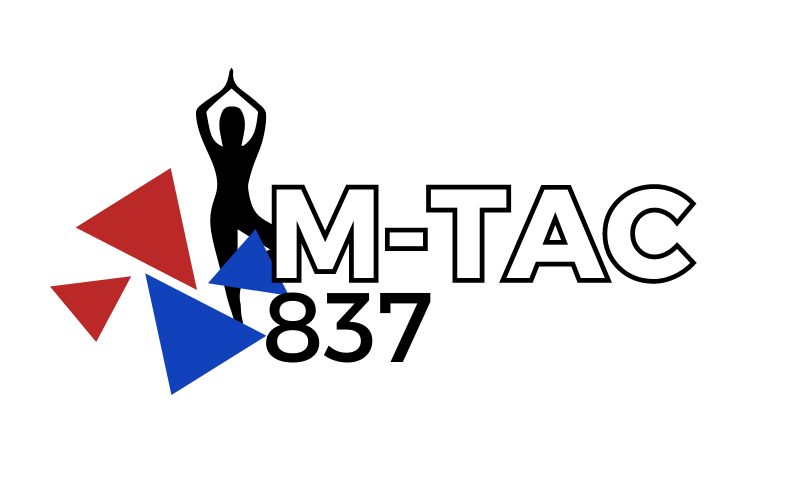In today’s fast-paced world, processed foods often find their way onto our plates due to their convenience and availability. However, while they may offer quick solutions, the hidden dangers they pose to our health are worth considering. This article sheds light on the potential risks associated with processed foods, providing you with nourishing alternatives that can help you make informed dietary choices.
The Pitfalls of Processed Foods:
- Excessive Sugar and Sweeteners: Processed foods are notorious for their high sugar content, which can lead to weight gain, insulin resistance, and a higher risk of chronic diseases such as diabetes and heart disease. Alternatives to highly sugared items include fresh fruits, unsweetened yogurt, or homemade treats made with natural sweeteners like honey or maple syrup.
- Trans Fats and Unhealthy Oils: Many processed foods are laden with unhealthy trans fats and refined vegetable oils, contributing to inflammation, heart disease, and poor cholesterol levels. Opt for cooking with olive oil, coconut oil, or avocado oil, and choose whole foods that naturally contain healthy fats like nuts, seeds, and avocados.
- High Sodium Content: Processed foods often contain excessive amounts of sodium to enhance flavor and extend shelf life. Overconsumption of sodium can result in high blood pressure and an increased risk of cardiovascular problems. Combat this by choosing fresh foods and using herbs, spices, and lemon juice to season your meals.
- Artificial Additives and Preservatives: Chemical additives and preservatives found in processed foods can have detrimental effects on health, including allergic reactions and potential links to certain health conditions. Strive for whole, unprocessed foods whenever possible to avoid these additives.
- Lack of Nutrient Density: Processed foods tend to be stripped of essential nutrients during manufacturing, leading to nutrient deficiencies despite high-calorie content. Opt for whole foods like fruits, vegetables, whole grains, lean proteins, and legumes to ensure you’re getting the vitamins and minerals your body needs.
Healthier Alternatives:
- Whole Fruits and Vegetables: Nature’s bounty of fruits and vegetables provides a spectrum of vitamins, minerals, and fiber without the added sugars, sodium, and additives found in processed snacks. Fresh, frozen, or even dried fruits and vegetables can make for nutritious and satisfying snacks.
- Lean Proteins: Consider finding lean protein sources such as poultry, fish, legumes, tofu, and eggs. These alternatives offer essential amino acids without the unhealthy fats often present in processed meats.
- Whole Grains: Whole grains like quinoa, brown rice, oats, and whole wheat provide fiber and a range of nutrients that refined grains lack. Swap out white bread and sugary cereals for whole-grain options.
- Nuts and Seeds: Rich in healthy fats, protein, and essential nutrients, nuts and seeds make for wholesome snacks that keep you satiated. Choose unsalted varieties to avoid excess sodium.
- Homemade Meals: Cooking at home allows you to control ingredients, flavors, and nutrient content. Experiment with homemade versions of processed favorites, like baked sweet potato fries instead of packaged potato chips.
Conclusion
Understanding the dangers of processed foods empowers you to make informed choices that prioritize your health. While it’s nearly impossible to eliminate processed foods entirely, focusing on whole, nutrient-dense alternatives can significantly improve your well-being. Remember, the journey towards a healthier diet is a gradual process. Gradually replacing processed options with whole foods can result in improved energy levels, better digestion, and enhanced overall health. As you embark on this path, embrace the abundance of fresh, natural ingredients that can nourish your body and support your well-being for years to come.

